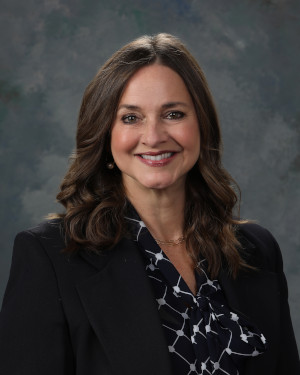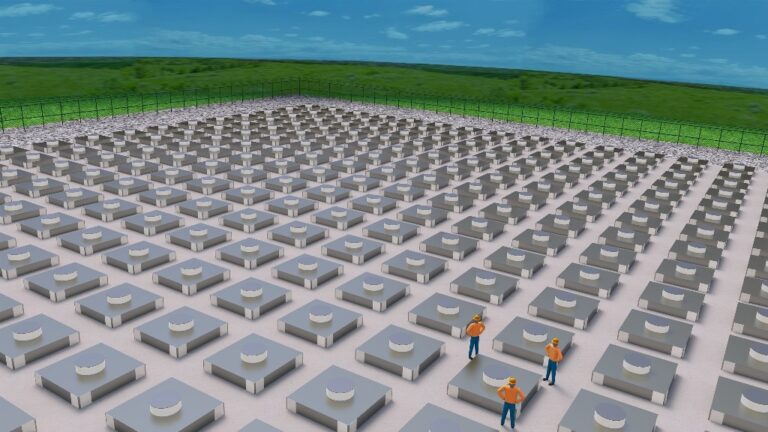What is your religion doing to your character?
Years ago, Harry Emerson Fosdick, then at the height of his influence as minister of the Riverside Church, New York City, was making a tour of Palestine and other countries of the Near and Middle East. He was invited to give an address at the American University of Beirut, Lebanon, where the student body comprised citizens of many countries and representatives from sixteen different religions. What could one say that would be relevant or of interest to so mixed and varied a group? This is how Fosdick began: “I do not ask anyone here to change his religion; but I do ask all of you to face up to this question: What is your religion doing to your character?”
This was a call to consider one of the great issues of human belief: religion and life, Christianity and character, word and spirit. Emerson once said, “What you are speaks so loudly I cannot hear a word you say.” Jesus’ discourse in this whole sixth chapter of the Gospel of John had two foci – spirit and life. “The words that I have spoken to you are spirit and life.” By this he meant that those who appropriated his spirit, i.e., fed upon him as the bread of life, would find, thereby, a fulfillment and satisfaction no other means could give.
In a world of fast food chains, of drivethrough windows, of buffet lines and all-youcan- eat salad bars, we are today offered a different food, the Bread of Life. It is food for a hungry soul. It is eternal food which, when you eat it, satisfies the craving of your heart and opens your eyes to see that all else is imitation and second rate.
Holy Communion gives us life, spiritual life, God’s life. It gives us spiritual healing and spiritual strength. There was nothing ‘magic’ about the mother’s bread unless, that is, one feels that ‘love’ is magic – which, of course, it is.
There’s a beautiful incident recorded by Thomas Pettepiece, a Methodist pastor, who was a political prisoner, a prisoner of conscience. Pettepiece writes of his first Easter Sunday spent in prison. He was among 10,000 prisoners. Most of the men had lost everything: their homes, their jobs, their furniture, their contact with their families.
It was Easter Sunday, and they wanted to celebrate Communion. But, they had no cup for Communion. They had no wine for Communion. They didn’t even have water for Communion. Nor did they have any bread for the Sacrament.
So, they practiced the Communion of Empty Hands. “This meal in which we take part,” Pettepeice said, “reminds us of the imprisonment, the torture, the death and final victory of the resurrection of Jesus Christ. The bread is the body which he gave for humanity. The fact that we have none represents very well the lack of bread in the hunger of so many millions of human beings. The wine, which we don’t have today, is his blood, and represents our dream of a united humanity, of a just society, without difference of race or class.”
Then Pettepiece, the pastor, held out his empty hand to the next person on his right, and passed on the imaginary loaf. Each one took a piece and passed it on. Then he said, “Take, eat, this is my body, which is broken for you. Do this in remembrance of me.” And together they ate the imaginary bread, trying to imagine tasting it.
After a moment they passed around the non-existent chalice, each imagining he was drinking from it. “Take, drink, this is the blood of Christ which was shed for you … Let us give thanks, sure that Christ is here with us, strengthening us.”
They gave thanks to God and then stood up and embraced each other. And a while later, one of the non-Christian prisoners came up to them and said, “You people have something special, which I would like to have.” And the father of a girl who had died came up to Pettepiece and said, “Pastor, this was a real experience. I believe that today I discovered what faith is …”
Have a great weekend!
Rev. David Grousnick, First Christian Church



